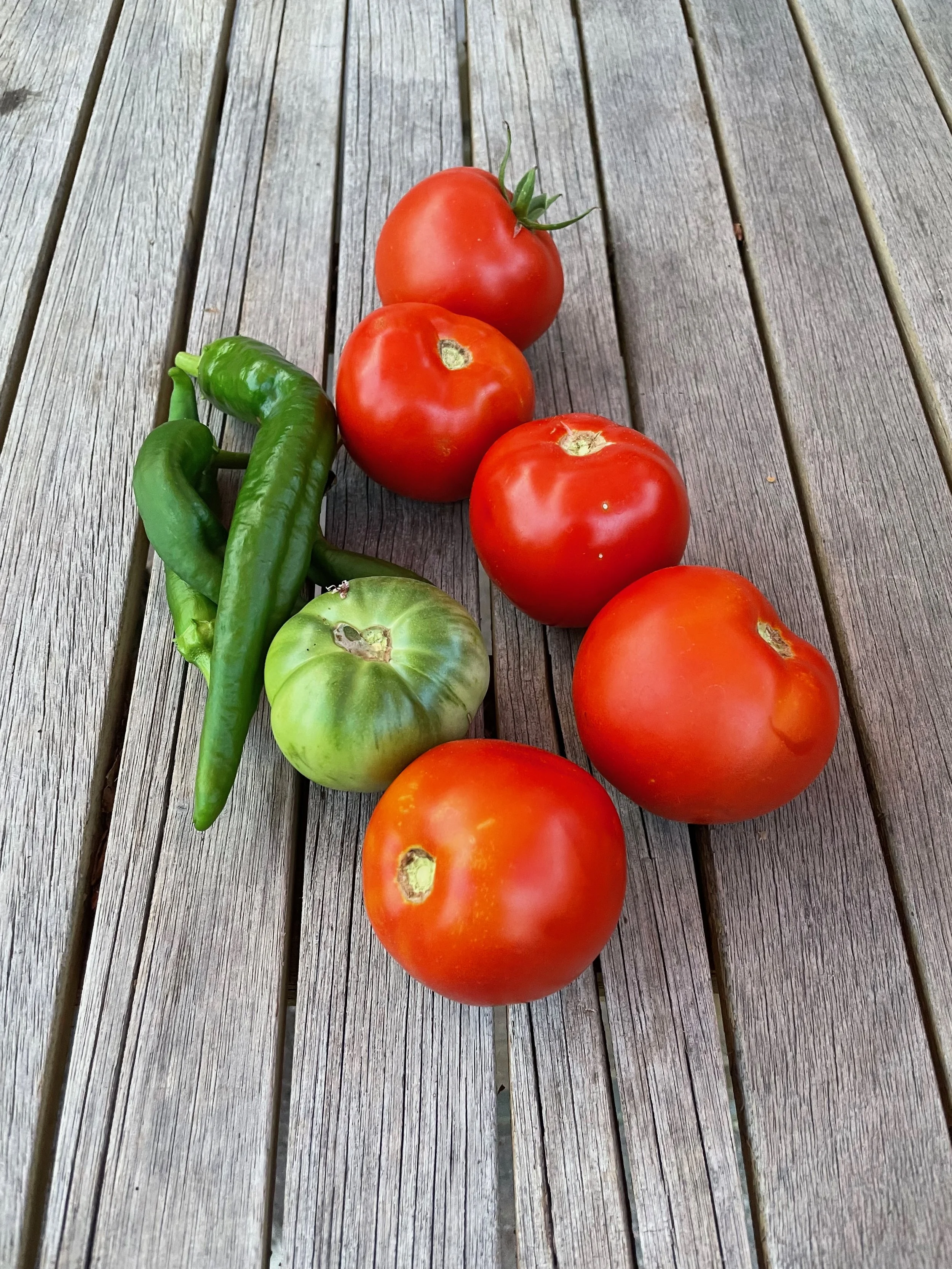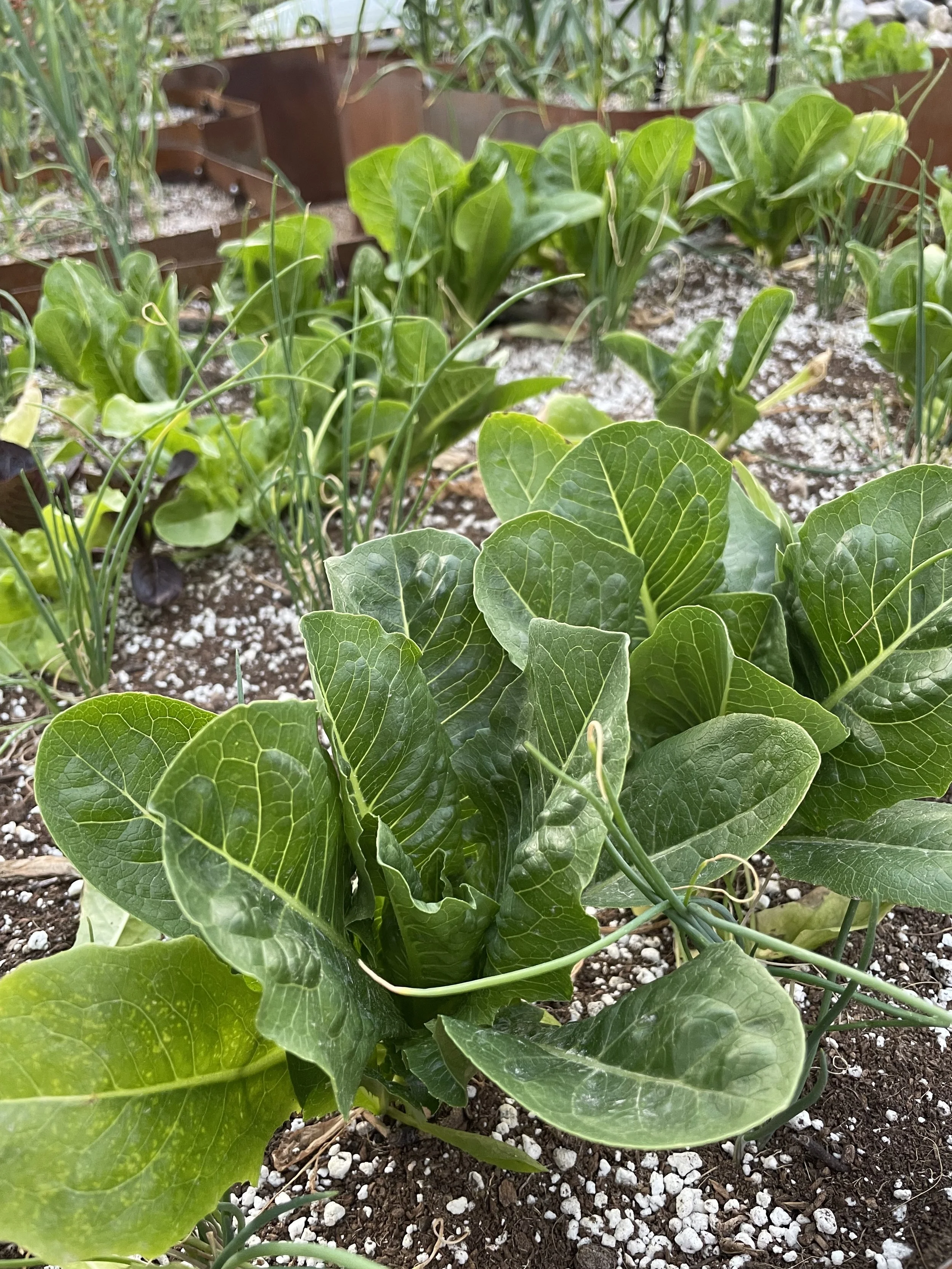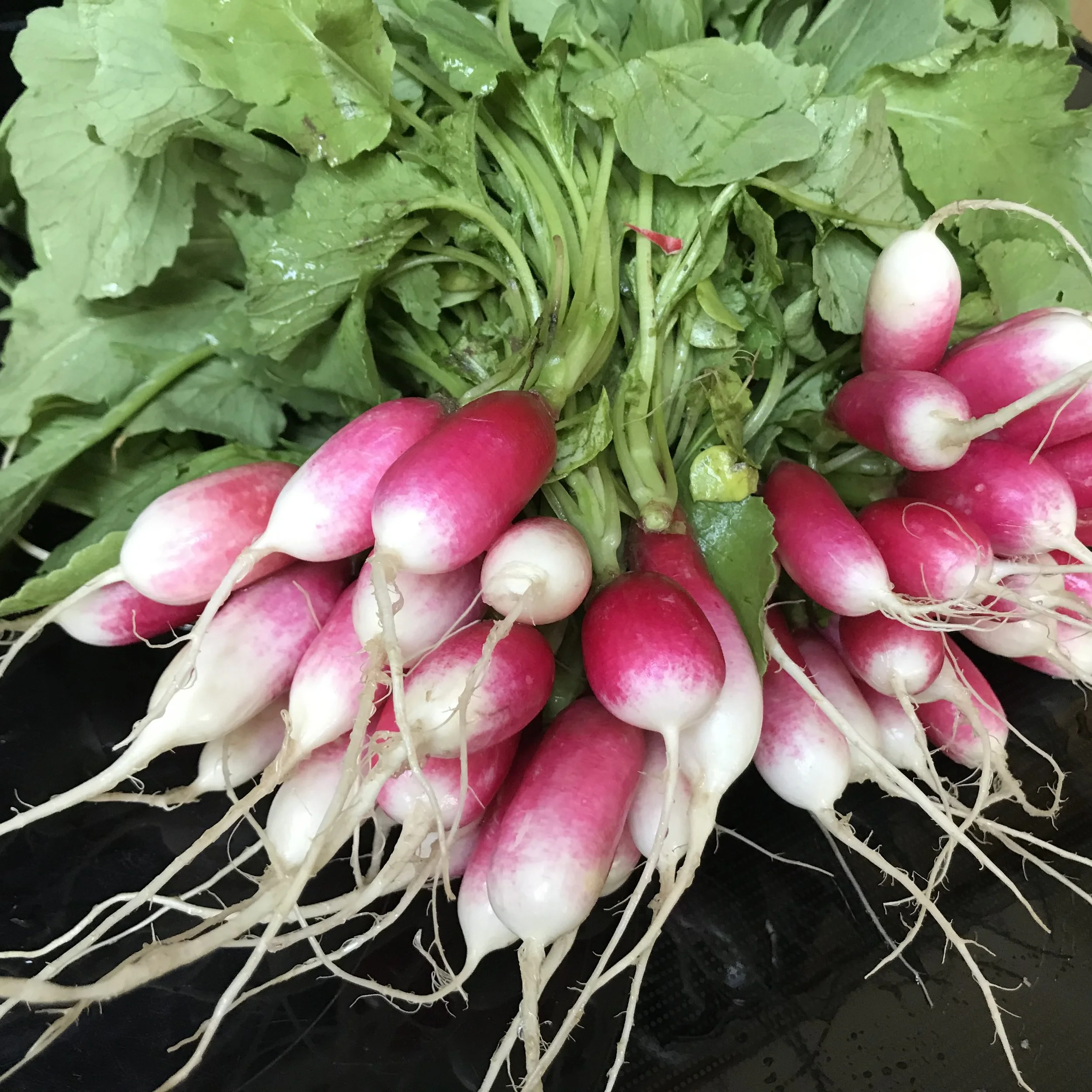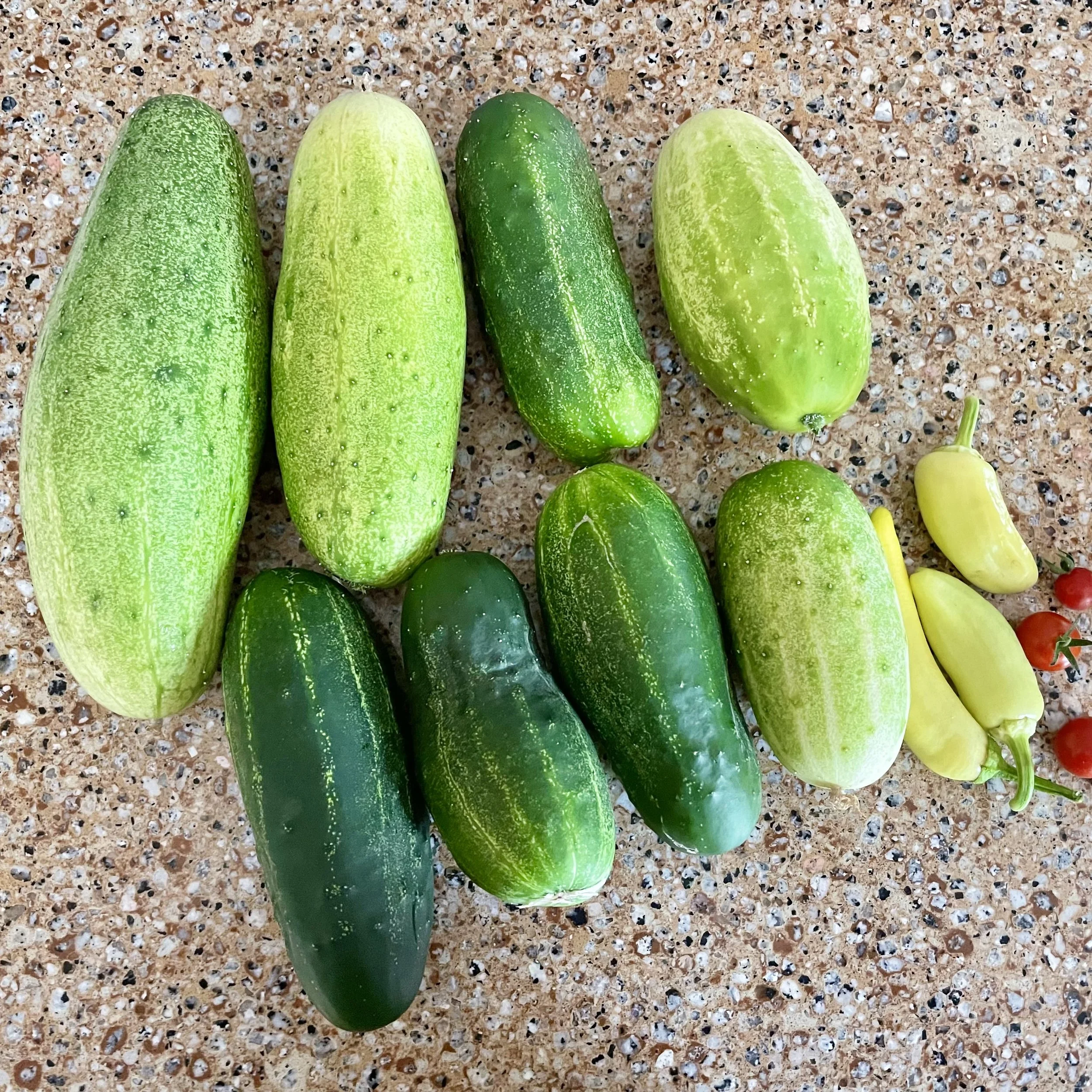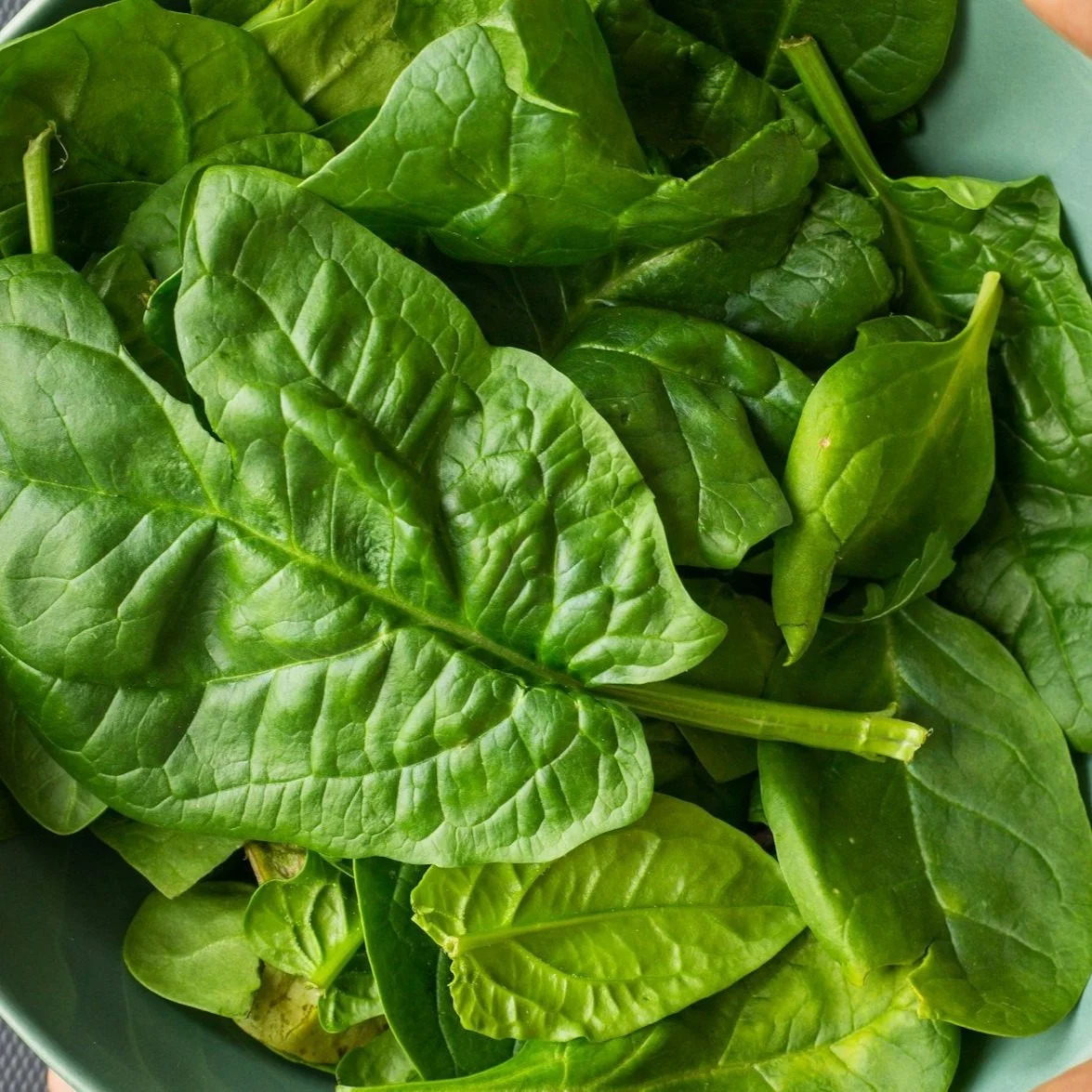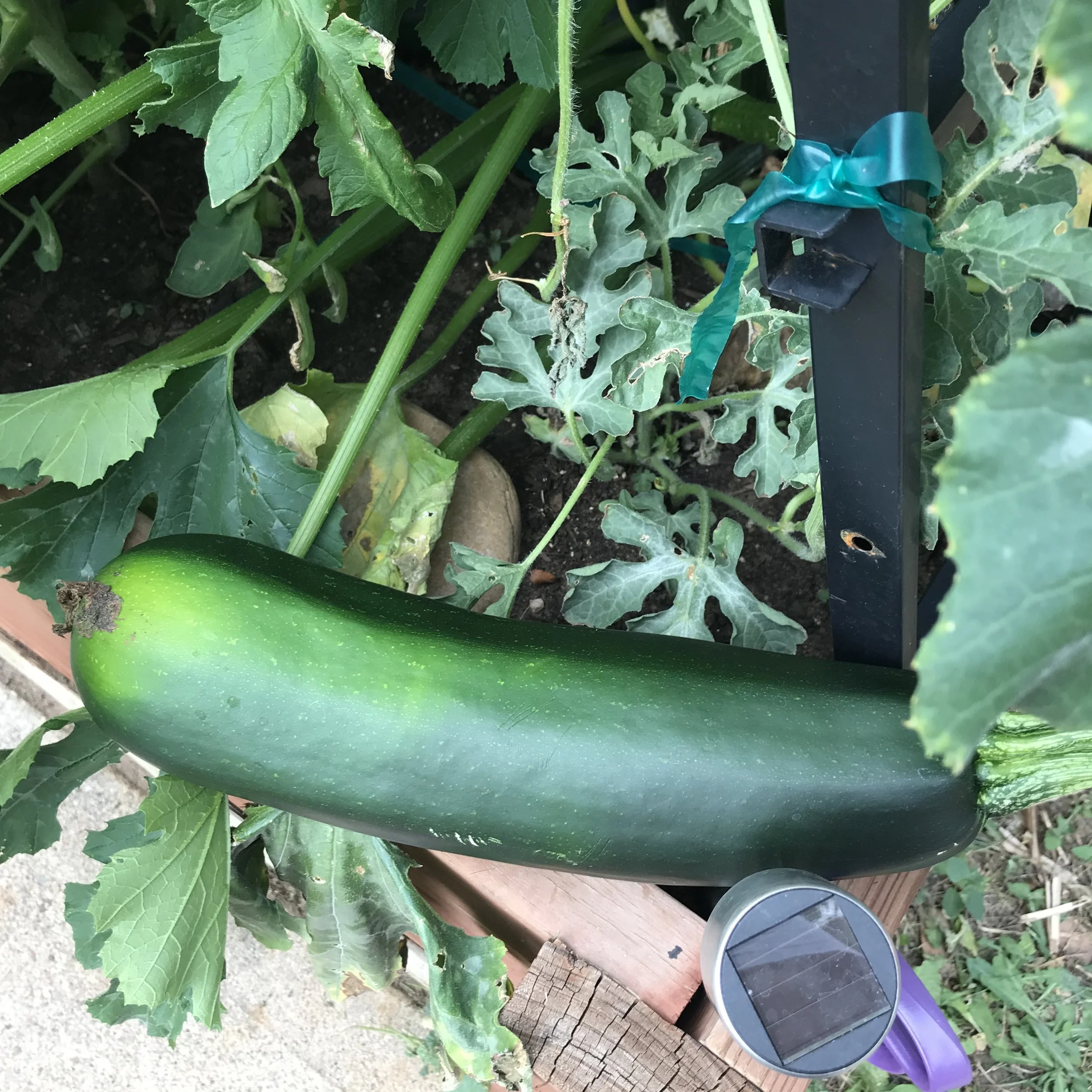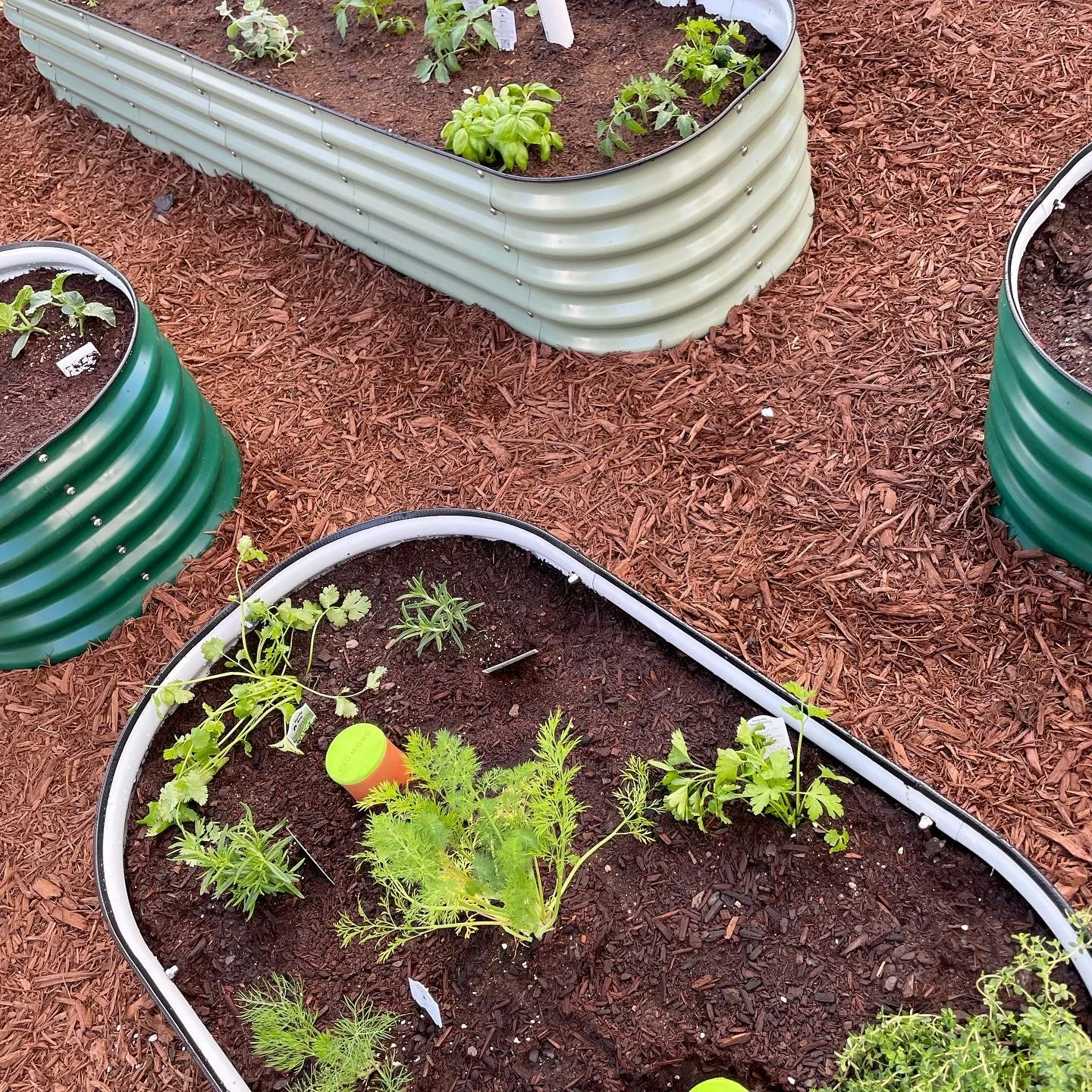10 Best Veggies for Your New Garden
Starting a new vegetable garden, but you aren’t sure how to begin? I have been there! Gardening can feel a little overwhelming, and whether you are gardening in a raised bed, on a patio, or in the ground, it can be really hard to know where to start. So I have pulled together my suggestions for the 10 best veggies for the beginner gardener along with suggested seed varieties as well.
But there’s an important rule for gardening: grow what you love! Don’t love tomatoes? Don’t bother! Put your effort into foods that you love and that you and your family will enjoy eating!
Ok. Let’s get started!
Tomatoes
Tomatoes are one of the most popular vegetables to grow in raised beds. They thrive in the warm, well-drained soil provided by raised beds, and they grow quickly. Whether you choose cherry, roma, or beefsteak varieties, tomatoes love full sunlight and require regular watering.
Tips for growing tomatoes:
Provide support using a trellis or stakes to prevent the plant from sprawling.
Fertilize with a balanced organic fertilizer.
Water consistently, especially during dry spells.
Top Tip: Ensure your raised bed gets at least 6-8 hours of sunlight daily, and space the plants to allow air circulation.
Favorite Varieties:
Tomato
Growing
Guide
I get more questions about growing tomatoes than any other plant! So I created a whole guide dedicated just to growing tomatoes with tips, ideas, recommendations, and more. Check it out here!
Lettuce
Lettuce is a cool-season crop that grows quickly in raised garden beds. It’s perfect for beginners because it doesn’t require a lot of attention, and it’s ready to harvest in just a few weeks. You can grow many varieties of lettuce, including romaine, butterhead, and loose-leaf.
Tips for growing lettuce:
Plant lettuce in early spring or late summer for a fall harvest.
Keep the soil consistently moist.
Space plants properly to allow for airflow.
Top Tip: Lettuce prefers partial shade and rich, well-drained soil.
Favorite Varieties:
Radishes
Radishes are another fast-growing vegetable that thrives in raised beds. They can be harvested as soon as 3-4 weeks from planting, making them perfect for beginner gardeners who want quick results.
Tips for growing radishes:
Plant them in early spring or fall.
Keep the soil loose and well-drained.
Thin the seedlings as they grow to prevent overcrowding.
Top Tip: Radishes need well-drained soil and consistent watering to keep them crisp and tender.
Favorite Varieties:
Cucumbers
Cucumbers are a great addition to raised garden beds because they need consistent moisture and good drainage. Raised beds provide the perfect environment for them to thrive.
Tips for growing cucumbers:
Plant cucumber seeds directly in the soil once the weather warms.
Use vertical gardening methods to save space, like trellising or growing cucumbers up a fence.
Top Tip: Ensure cucumbers have enough space to grow, and water them deeply to keep them hydrated during the hotter months.
Favorite Varieties:
Carrots
Carrots grow well in the loose soil of raised beds, making them ideal for gardeners who want to grow root vegetables. Raised beds allow carrots to grow long and straight, giving you a perfect harvest.
Tips for growing carrots:
Choose a variety suited to raised beds, like “Danvers” or “Nantes.”
Ensure the soil is loose and free of rocks.
Thin seedlings to give the carrots space to develop.
Top Tip: Cover with burlap to keep the soil consistently moist to help carrots germinate and grow evenly.
Favorite Varieties:
Spinach
Spinach is another leafy green that’s perfect for raised beds. It thrives in cool weather, making it ideal for spring or fall planting. You can enjoy fresh, nutrient-rich spinach in as little as 4 to 6 weeks. It grows quickly and doesn't need much maintenance, making it a perfect option for beginners.
Tips for growing spinach:
Direct-sow the seeds and then cover with burlap until germination.
Water the seeds frequently to keep them moist until they sprout.
Top Tip: Plant spinach in partial shade to protect it from hot summer sun.
Favorite Varieties:
Peas
Peas are a fantastic option for raised bed vegetable gardens, especially because they can be grown vertically with the help of a trellis. They grow quickly and are an early-season crop, so you can get a jumpstart on your garden. Varieties like ‘Sugar Snap’ or ‘Dwarf Grey’ are great choices for beginners.
Tips for growing radishes:
Use a trellis, or your peas will climb all over everthing in your garden.
Plant peas out early in the spring before the heat comes
Start peas inside in toilet paper tubes.
Top Tip: Plant peas early in the season, as they thrive in cooler weather.
Favorite Varieties:
Zucchini
Zucchini is one of the easiest summer vegetables to grow. It flourishes in a raised bed with plenty of sunlight and well-draining soil. With proper care, zucchini plants will yield an abundance of delicious squash all season long. Plus, zucchini’s compact varieties fit nicely in smaller raised beds.
Tips for growing zucchini:
Check your plants daily to harvest as big zucchini are bitter and tough.
Zucchini can be trellised for easier harvesting.
Top Tip: Space zucchini plants about 2 feet apart, as they tend to spread out as they grow.
Favorite Varieties:
Green Beans
Green beans, especially bush varieties, are well-suited for raised bed gardens. These plants are easy to grow, don’t require much space, and provide a high yield. Beans are also excellent at fixing nitrogen in the soil, which can improve the health of your garden’s soil over time.
Tips for growing green beans:
Keep the soil loose and well-drained.
Water daily and provide sun protection when it’s very hot.
Top Tip: Green beans need consistent moisture and should be planted after the last frost date.
Favorite Varieties:
Herbs: Basil, Parsley, & Cilantro
Herbs are a fantastic addition to any raised bed vegetable garden. They can grow alongside vegetables and help enhance flavor and aroma. Herbs like basil, parsley, and cilantro are beginner-friendly and require minimal care. Plus, they thrive in raised beds, where the soil can be easily kept loose and well-drained.
Tips for growing herbs:
Provide support using a trellis or stakes to prevent the plant from sprawling.
Fertilize with a balanced organic fertilizer.
Water consistently, especially during dry spells.
Top Tip: Plant herbs in a sunny location and keep the soil lightly moist, but not soggy.
Flowers to Grow
in your Veggie Garden
I don’t just grow veggies in my vegetable patch. It is interplanted with easy-to-grow flowers which attract pollinators and make the veggie patch so beautiful. I’ve compiled a full list of flowers to add to your vegetable garden. Check it out here!


